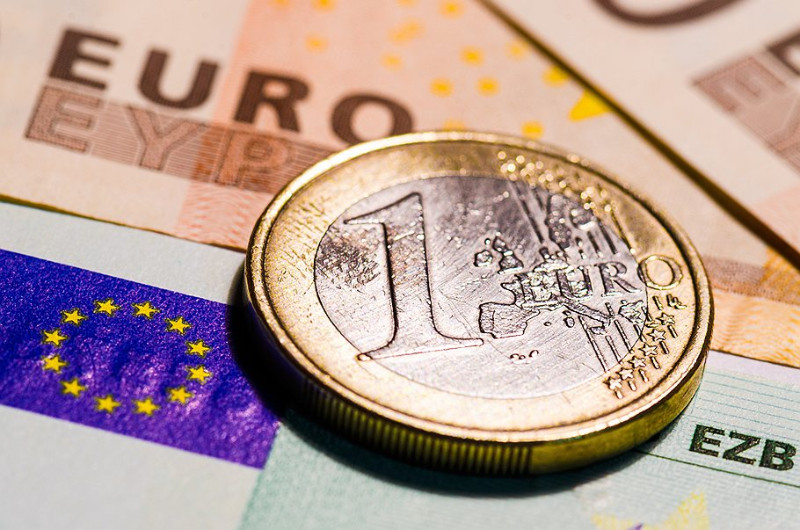
The markets reacted rather violently to heightened tensions in Eastern Europe.
Reflecting the risk aversion of investors, S&P futures dropped more than 2%, 10-year US Treasury yields slipped by 2% to 1.86%, the USD index reached its highest level since February 15, around 96.20 points, and EUR/USD hit a new weekly low around 1.1290.
The main driver for global markets remains the geopolitical factor, which, at least in the short term, will determine the mood of traders.
On the eve, Russian President Vladimir Putin signed decrees recognizing the independence of the Donetsk and Luhansk people's republics. Additionally, he instructed the Russian armed forces to perform peacekeeping functions in the Donetsk and Luhansk people's republics.
Ukraine assesses Russia's actions as a violation of its sovereignty and territorial integrity, Ukrainian President Volodymyr Zelenskyy has said.
Russia's recognition of the two self-proclaimed republics will reduce the chances for peace talks mediated by Europe, while rising energy prices will increase inflation risks, experts have warned.
Mizuho Bank experts note that fears of new Western countries' sanctions against Moscow and the failure of a diplomatic solution to the situation are supporting safe-haven currencies such as the dollar.
Traders are also hoarding US treasuries and selling shares as tensions near the border with Ukraine escalate. Investors are trying to hedge risks and map out possible scenarios.
Goldman Sachs believes that the direct conflict in Ukraine, combined with punitive measures against Russia, could weaken US equities by a further 6% from Friday's closing levels. In such a case, oil could jump 13% and 10-year Treasury yields would drop 27 basis points.
The bank's strategists said that tensions between Russia and Ukraine in January affected mostly local assets, but in February a shock wave hit global markets as well. They believe that if risks increase and we move to a direct conflict scenario combined with punitive sanctions, the geopolitical risk premium will increase sharply.
In the worst-case scenario, a 2% depreciation of the euro against the USD is also expected.
In contrast, a de-escalation scenario would lead to a strengthening of the euro against the greenback, stock markets would recover 6% and treasury yields would rise.
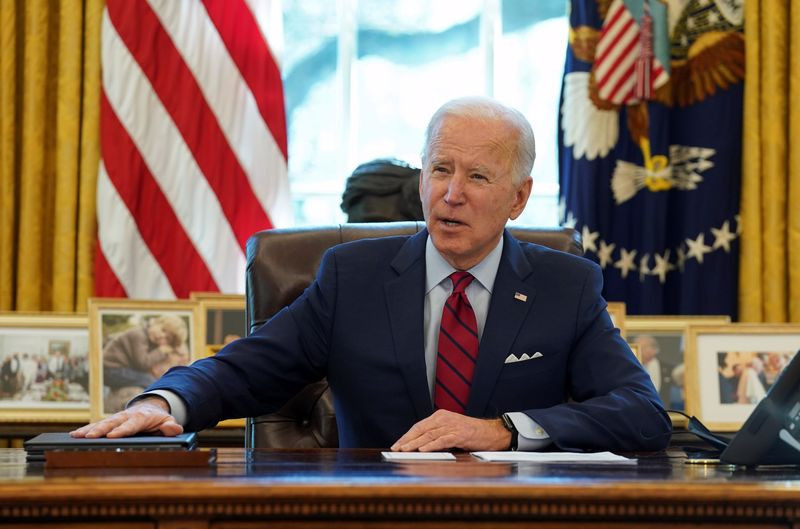
US President Joe Biden has said that Russia's recognition of the independence of the Donetsk and Luhansk people's republics poses an unusual and extraordinary threat to the national security and foreign policy interests of America.
In response, Washington intends to impose new sanctions against Moscow, he said.
Brussels will also give a firm response to these actions, European diplomatic chief Josep Borrell said.
According to Reuters, the United States has prepared new sanctions against Russia, which include banning US financial institutions from processing transactions of Russian banks. The White House may also impose restrictions on certain individuals and entities and effectively cut them out of the US banking system, the agency reported.
"The United States will impose sanctions on Russia for this clear violation of international law and Ukraine's sovereignty and territorial integrity," US Ambassador to the United Nations Linda Thomas-Greenfield said.
However, a senior White House official said that the deployment of Russian troops in the republics does not yet merit the harshest sanctions that the United States and its allies have prepared in case of a full-scale Russian invasion of a neighbouring state.
The Ministry of Foreign Affairs of the Russian Federation in turn said this morning that Russia has always been open to negotiations and diplomacy.
These comments seem to have reduced the degree of geopolitical tension and helped improve market sentiment.
Amid this situation, the demand for US Treasuries waned, US stock futures managed to minimise their losses, the greenback slipped back to 96.00 and EUR/USD rebounded from a weekly low of 1.1288.
Apparently, investors hope that a major war is likely to be avoided.
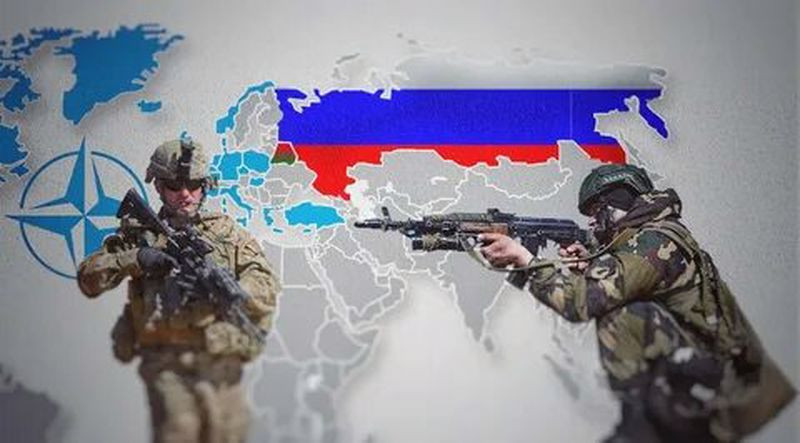
After reviewing the situation, it is clear that Russian recognition of the self-proclaimed Donbass republics is beneficial to all parties to the conflict.
Moscow's decision to bring its troops into the territories of these republics forces Washington and Brussels to return to the negotiating table and work towards a compromise on security and strategic stability in Europe.
White House leader Biden may go down in history as a peacemaker, as John F. Kennedy once stopped the Cuban Missile Crisis. He will score some points in the run-up to the mid-term elections to Congress.
French President Emmanuel Macron, who is up for re-election in April and who recently spearheaded a bilateral summit between the US and Russian heads of state, will also strengthen his position ahead of the election.
As for Ukraine, despite President Volodymyr Zelensky's statements, it is not yet believed that the Armed Forces of Ukraine will go to war with Russia on the territory of Donbass. In such a case, Kiev may have problems with saving the situation. In addition, the country has essentially lifted the burden of the Minsk agreements, as well as the burden of having to finance and rebuild Donbass in the future.
While the risk of a major conflict is real, it must be averted, and Western countries' sanctions against Russia will prove tolerable.
Nordea specialists noted that geopolitics have attracted the attention and concern of investors and people around the world. They stated that the Russia-Ukraine crisis is still ongoing and, unfortunately, they are far from convinced that geopolitical risks have peaked.
They do not expect the current crisis in Ukraine to be a key driver of risk appetite this year. In their view, it is much more likely that central banks and inflation forecasts will dominate the financial market agenda.
The focus for traders remains on geopolitical developments. At the same time, the outlook for monetary policy around the world continues to be reassessed.
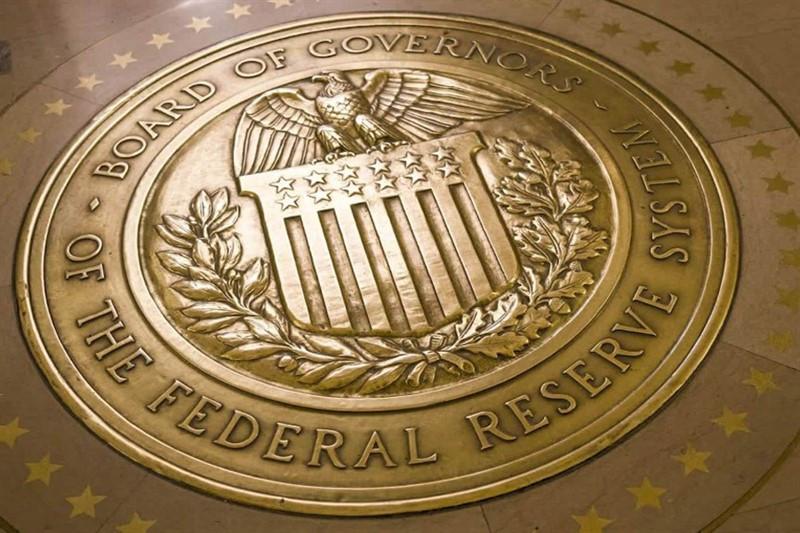
The Fed has already signalled that it will raise interest rates at its upcoming meeting in March to bring down inflation, which has surpassed the regulator's 2% target and reached its highest level in four decades. However, the central bank has not indicated how decisively it will act.
Recently, Fed Board of Governors member Michelle Bowman suggested that a key rate hike of 50 basis points at once in March could be justified if the inflation figure to be published before the FOMC meeting in March is above forecasts.
According to a preliminary estimate, the US Personal Consumption Expenditure Price Index rose by 5.2% in January. This indicator will be published later this week (which is thought to be the main focus of the Fed). The February US inflation report will be released on March 10.
On the same day, the ECB will publish its own forecasts, when it is also expected to chart a path to winding down its bond-buying stimulus programme, a precursor to higher interest rates.
ECB officials recognise the inflation risks and are confident about a rate hike this year. They maintain the possibility of a rate hike as early as September.
Last week the Governor of the Slovak Central Bank, Peter Kasimir, stated that the ECB should roll back bond purchases on balance sheet as early as summer, thereby giving itself more flexibility regarding the timing of any subsequent rate hikes. He believes that quantitative easing is outdated.
"Trading activity weakens in August so that would be a good natural timing for ending the program," he said.
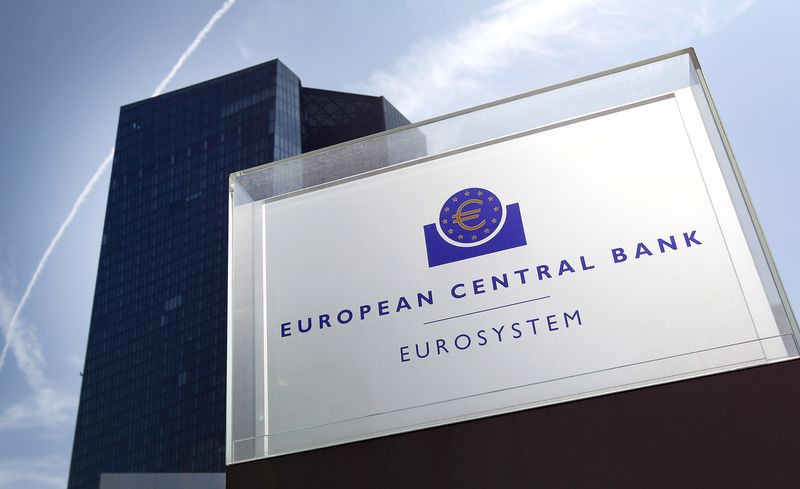
The ECB's tougher rhetoric is benefiting the single currency.
The euro moved higher against the US dollar after investors shifted their attention from the international arena to macro statistics in Germany, Europe's biggest economy.
The country's business climate index climbed to 98.9 points from 95.7 points recorded in January, according to research institute IFO. Analysts had expected the index to rise to 96.5 points.
However, this data had a limited impact on EUR/USD as investors remain cautious and continue to monitor the situation in Eastern Europe.
On the one hand, there are hopes that a major conflict can be avoided. On the other hand, there are fears that new Western sanctions against Russia will have a negative impact on the European economy.
Should the conflict escalate, the euro would struggle to find demand and the single currency could again test this year's lows around $1,1120.
If the situation changes, the EUR/USD has all the chances to rush towards the January highs near 1.1485.
The 1.1280 level is a key support. A break of this level will allow the bears to target 1.1260 and then 1.1220.
If the bulls manage to regain the 1.1340-1.1350 area, the next level is at 1.1370, followed by 1.1405 and 1.1460.





















